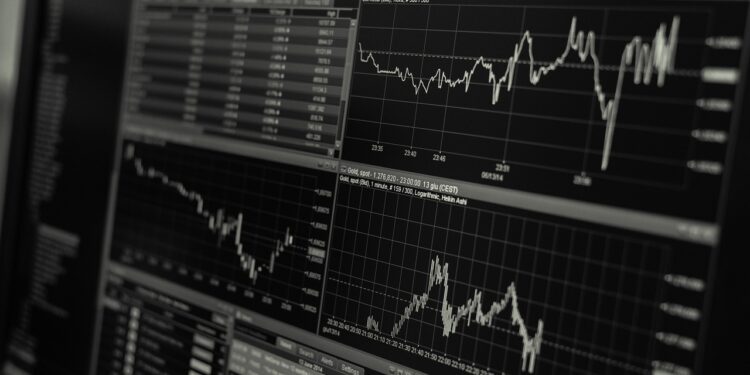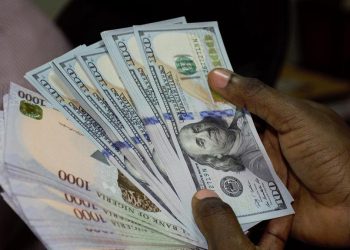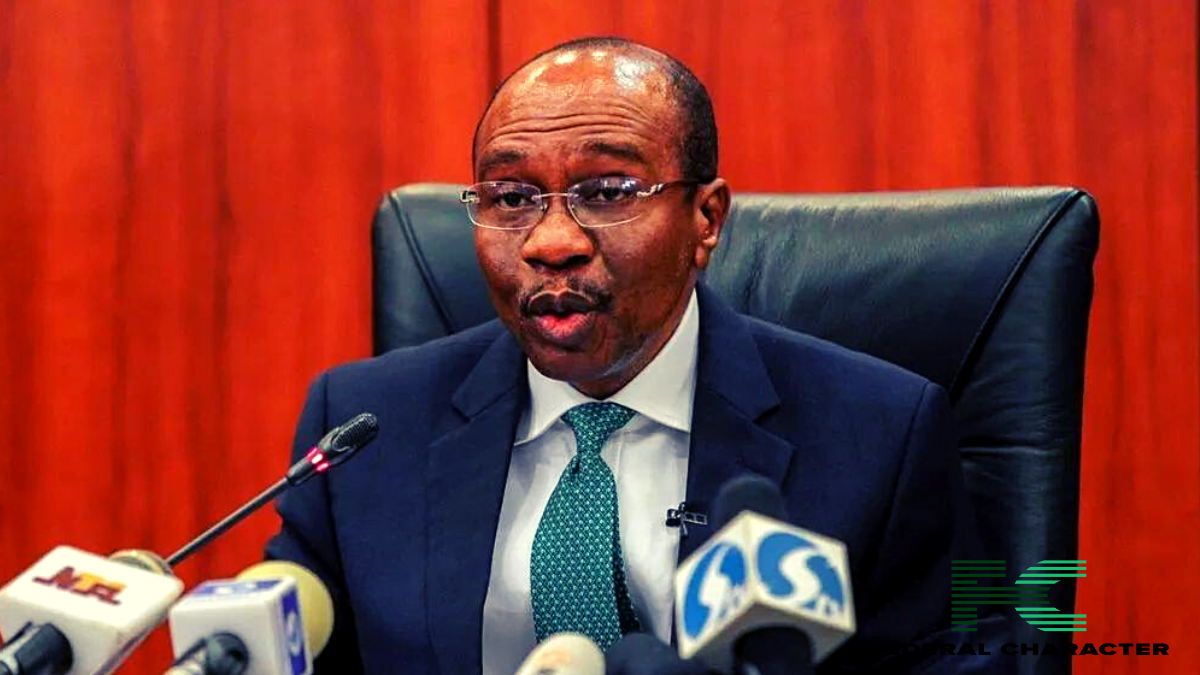The inflation and MPR stance of the monetary authority indicate that the stock market of Nigeria is walking on a thin line as the MPR of the Central Bank of Nigeria (CBN) has risen to 27.25%.
The CBN in this case plays the role of a juggler being able to balance interest rates, inflation and growth. One wrong turn and the entire market would fall, erasing the profits that were made.
The banking industry, which used to be the pride of Nigeria, now has risks and rewards. On the one hand, rising interest rates can mean trouble for companies that are already struggling to survive. Costly borrowing can undermine a company’s ability to finance expansion projects or pay down debt.

This can be particularly troublesome for industrial goods, manufacturing, and oil & gas companies, as the added interest expense can erode any profit earned.
Investors seeking safety in uncertain times may trend toward less risky investments such as government bonds and treasury bills; in doing so, additional demand for equities will diminish.
On the other hand, the non-financial sectors are also bearing the brunt of these effects. Interest costs for Dangote Cement have risen sharply while the status quo remains inscrutable for financials of MTN Nigeria. The profit margins that Nigerian Breweries had been enjoying are now being eroded swiftly by the ever increasing interest costs.
As investors take refuge in safer investments, the equity market falls under pressure. Will the CBN’s strategy be successful or will the economy of Nigeria fall into recession due to over inflation?
Conversely, the banking industry is surging. Higher interest rates mean greater yields on loans and advances, increasing interest income for banks. For example, interest income for Access Holdings, First Bank, and Zenith Bank collectively increased to N4.97 trillion, representing an incredible increase of 145% over the prior year.
However, banks are not immune to the downsides. Interest expense has increased to N2.33 trillion, and total loan impairments increased to N615.4 billion, which threatens profitability for banks, particularly in light of elevated interest rates which could exacerbate loan impairments.
Other sectors (non-fiscal) also feel the pinch. Dangote Cement increased its interest expense by 166%, while MTN Nigeria increased expense by 82%. At the same time, Nigerian Breweries increased interest expenses by a staggering 282%.
So now what? With the MPR now at 27.25, listed companies will need to manage operations, cut costs, and manage debt efficiently to remain on top of everything! Also, the CBN will have to plan its next steps carefully to engage with inflation while driving economic growth, or they could also drive the stock exchange downward.
Nigeria’s stock exchange sits precariously, and the CBN’s next steps are an important factor that will greatly influence its next direction.
Will the CBN continue to manipulate forward, or will the MPR be too much to continue with economic increase?

















